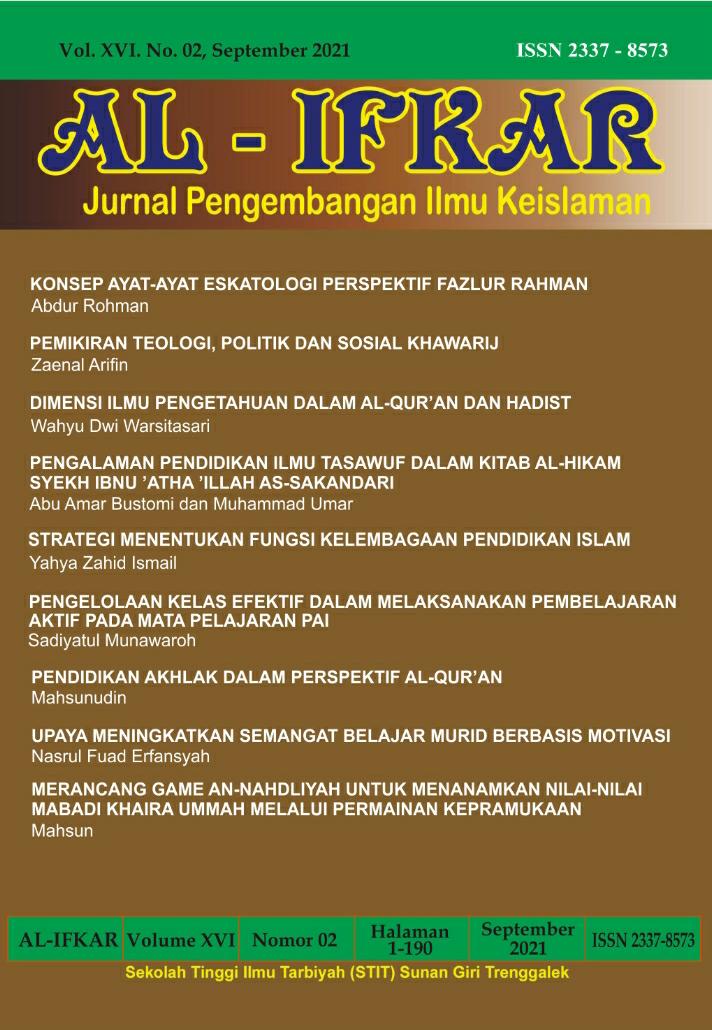Pemikiran Teologi, Politik Dan Sosial Khawarij
Abstract
In today's era, the term Khawarij is always and definitely identified with an extreme Islamic movement or group. The basis for mentioning the khawarij as an extreme Islamic movement can be seen from the historical aspect of the early emergence of this movement. The killing of the Khawarij group against the son-in-law of the Prophet Muhammad, Caliph Ali bin Abi Talib ra added to their extreme label in addition to the thoughts of this group in theological, political and social fields which were different from commentators, fuqoha and muhaddis. For example in theological thought, they argue that the Qur'an is a creature, turning away the mutasabihat verses of the Qur'an, humans are free to decide that their actions are not from God and disbelieve and even disbelieve (in hell forever) people who commit major sins and calls to al-`adl, monotheism, wa`du wa al-wa`id wa amr bi al-ma`ruf wa nahy `ani al-munkar and belief in the existence of a congregation at the end of time with the establishment of the Islamic State and the destruction of the infidel State , the arrival of Imam Mahdi/Syukriy Mustafa due to the death of Muhammad did not provide clarity on the position of Islam `ala jami`i adyan and even abolished the shari'ah of the prophet Muhammad. Their political thinking was also different from the Arab traditions at that time, such as Jihad by going out and wielding a sword against an unjust leader. The choice of the caliphate was chosen freely by the people and allegiance and was not limited to lineage and skin color (rejected only from the Quraysh tribe) as evidenced by the presence of their 12 imams outside the Quraysh tribe. And the Islamic community in their view that the Islamic community must be based on the Qur'an and think communally and / not individualistically.


